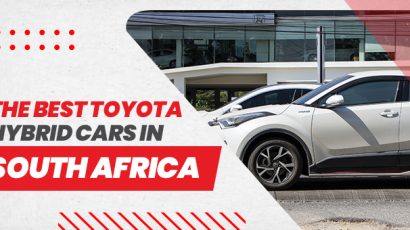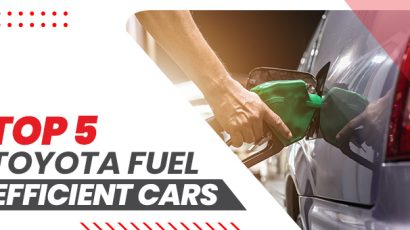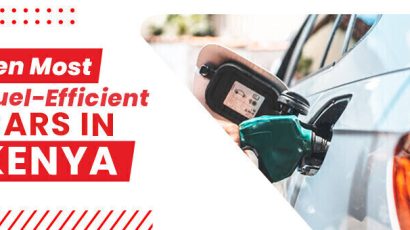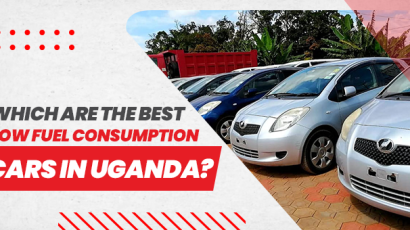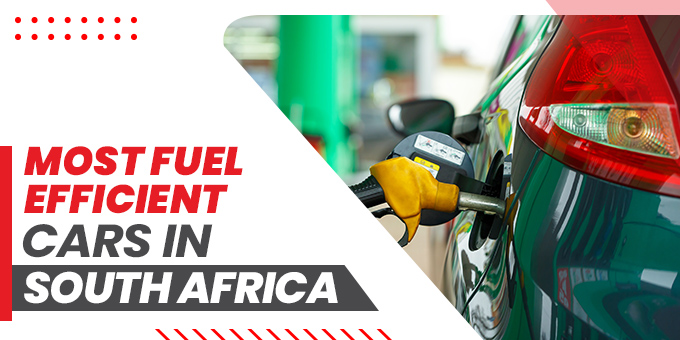
Fuel efficiency has become one of the most important factors when deciding to buy a car. The global economy has made it necessary to think about fuel efficiency and economy so that regular car use is not that heavy on the pockets. It is beneficial not only for the owner but for the environment as well since it reduces the carbon footprint. This article will list the most fuel-efficient cars in South Africa.
What Makes a Car Fuel Efficient?
There are a few things that make a car fuel efficient. These factors include weight, transmission type, engine size, and aerodynamics. The article will also explain how these factors impact fuel consumption and offer examples of low-fuel-consumption cars.
The Most Fuel-Efficient Cars in South Africa
Fuel efficiency is not the same in all cars, some cars are less, and some are more fuel efficient. Some are good at everything, including fuel efficiency; others may only be fuel efficient with many other flaws. Performance and practicality matter; below are the 5 most fuel-efficient cars in South Africa;
1. Toyota Prius
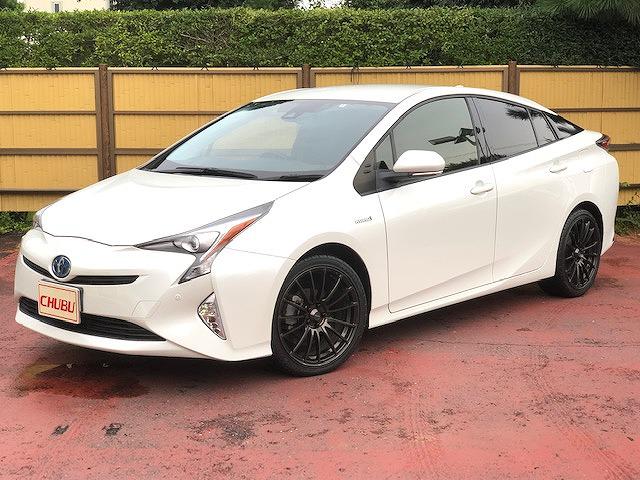
Among the top hybrid cars is Toyota Prius, among the best fuel-efficient cars. The car’s fuel consumption rate is only 3.7 liters per 100 km, making it one of the most fuel-efficient cars. It gets an EPA-estimated 54 City/50 highway miles per gallon, making it one of the most fuel-efficient vehicles. The vehicle has many amazing safety features, including lane departure warning, adaptive cruise control, and forward collision warning with automatic emergency braking. The vehicle has higher trim levels, including blind spot monitoring and rear cross-traffic alert.
2. Honda Jazz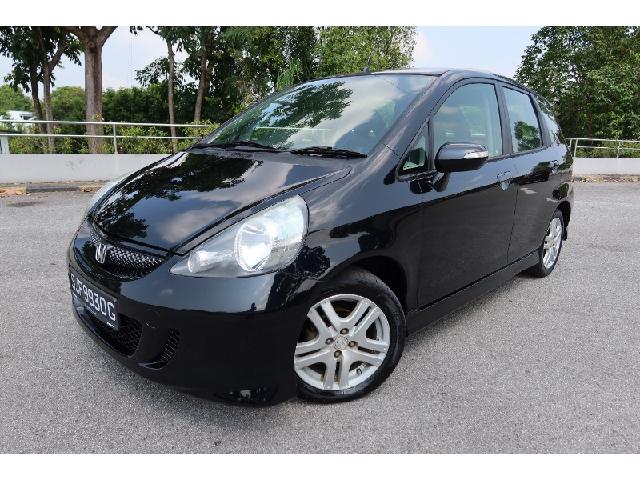
Honda Jazz is another fuel-efficient car popular in South Africa. Its fuel consumption rate is 5.6 litres per 100km which makes it among the most economical cars in the South. The engine is coupled with either a six-speed manual transmission or a CVT. With the manual transmission, the Jazz can go from 0 to 60 mph in under 8 seconds, while the CVT-equipped version can achieve the same speed in 9 seconds. The car’s fuel economy is also impressive, with an EPA-rated 36 mpg on the highway and 30 mpg in the city.
The exterior of the Honda Jazz is very attractive and modern, making it look stylish and sophisticated. The size is compact, due to which it is easy to maneuver and park in congested spaces. The sporty profile gives it a dynamic appearance. The interior of the car is spacious, with ample headroom and legroom for passengers. You can fold the rear seats, which provides additional cargo space. The car is versatile and good-looking.
3. Renault Kwid
The Renault Kwid is a compact car known for its low fuel consumption rates. It has a combined fuel consumption rate of just 4.7 litres per 100 km, making it one of the most fuel efficient cars in South Africa. The Renault Kwid comes with a 0.8-liter or a 1.0-liter petrol engine, depending on your chosen variant. The 0.8-liter engine produces a maximum power of 54 PS and a peak torque of 72 Nm. The 1.0-liter engine produces a maximum power of 68 PS and a peak torque of 91 Nm. The car is available in both manual and automatic transmissions. One of the biggest advantages of the Renault Kwid is its fuel efficiency. The 0.8-liter engine variant can deliver a fuel efficiency of up to 22 kmpl, while the 1.0-liter engine variant can deliver up to 21 kmpl.
4. Volkswagen Polo BlueMotion
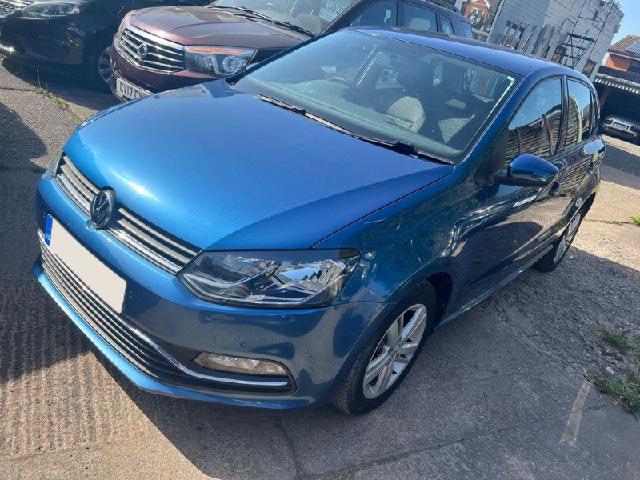
The Volkswagen Polo BlueMotion is a popular choice for South African drivers looking for a fuel-efficient car. It has a combined fuel consumption rate of just 4.1 litres per 100 km, making it one of the most economical cars on the market. Moreover, the Volkswagen Polo BlueMotion comes with a range of safety features to help protect the driver and passengers in the event of a collision. Front and side airbags, antilock brakes, electronic stability control, and a tire pressure monitoring system are some of these features. The National Highway Traffic Safety Administration also awarded the Polo BlueMotion a five-star overall safety rating (NHTSA).
5. Ford Fiesta
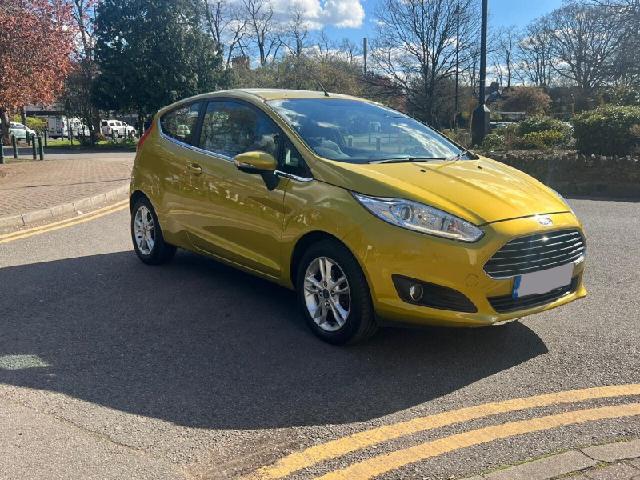
The Ford Fiesta is a popular choice for South African drivers looking for a fuel-efficient car. It has a combined fuel consumption rate of just 5.5 litres per 100 km, making it one of the most fuel-efficient cars on the market. The 1.6-liter engine gets an EPA-estimated 27 mpg in the city and 37 mpg on the highway with the manual transmission, while the automatic transmission gets 27 mpg in the city and 35 mpg on the highway. The 1.0-liter engine is even more fuel-efficient, getting an EPA-estimated 31 mpg in the city and 41 mpg on the highway with the manual transmission and 30 mpg in the city and 40 mpg on the highway with the automatic transmission.
Benefits of Fuel-Efficient Cars
Fuel-efficient cars are not only beneficial for people using them but for the overall environment. There are reasons why many developed nations around the world are going for fuel-efficient and hybrid cars. More and more countries are looking for ways to reduce the carbon footprint as a way, fuel efficiency is being focused on. Increased knowledge and awareness are motivating people to reduce their carbon footprints. Those who can afford it are going for fuel-efficient, hybrid, and electric cars. The benefits of fuel-efficient cars are listed below;
Benefit 1: Saving Money on Gas
In the current economy, every person is thinking of saving money. Fuel-efficient cars save money on gas since they enable you to drive more on less fuel. You will eventually spend less money on fuel. If you have a long commute to work or you love going for long drives, fuel-efficient vehicles are great for your pocket.
Benefit 2: Lowering Your Carbon Footprint
Another benefit of fuel-efficient cars is their positive footprint on the environment. Since less fuel is used, these vehicles produce fewer greenhouse gas emissions. These gases are key contributors to climatic changes. You can play your role in reducing your carbon footprint by driving a fuel-efficient vehicle. It protects the environment, and future generations will have a better place to live.
Benefit 3: Supporting Energy Independence
Apart from reducing greenhouse gas emissions, these cars can also lead to energy independence. We depend on foreign oil for our transportation needs, so we have become vulnerable to price variations and supply disruptions. The dependence on foreign oil can be reduced by driving a fuel-efficient car. It supports local energy production.
Final Word
You cannot ignore the importance of fuel efficiency in the current economy, especially when it comes to purchasing a car in South Africa. This article has given an overview of the fuel-efficient cars in South Africa to help you buy an affordable and efficient vehicle in the region.






